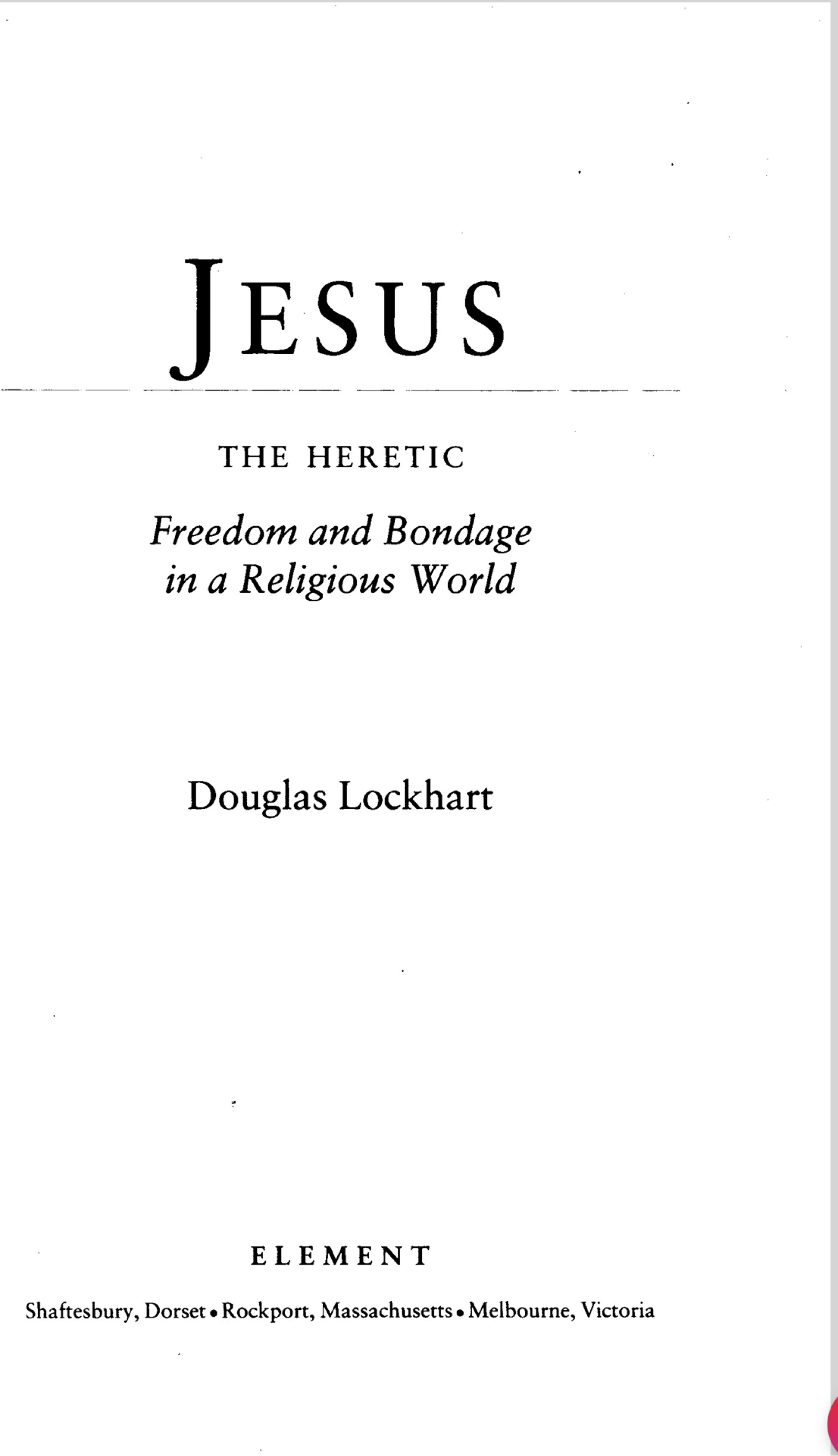JESUS THE HERETIC
The book “Jesus the Heretic” by Douglas Lockhart is a deep and controversial exploration of the figure of Jesus from historical, psychological, and contemporary spiritual perspectives. Here’s a summary of the core themes:
1. Critique of Orthodox Christianity
Lockhart challenges the traditional narrative of Jesus as a divine figure. He criticizes how the Church, over centuries, constructed a myth of salvation based on doctrines that he argues are more political and manipulative than spiritual. Belief in miracles such as the physical resurrection is viewed as a diversion from Jesus’ true message.
2. Jesus the Human
Jesus is portrayed as an extraordinary human being—courageous, conscious, and enlightened—but not divine. Lockhart sees Jesus as a “Perfect Man” (Insān Kāmil), not a god, and argues that his authentic message was distorted into a personality cult for institutional power.
3. Gnostic and Mystical Influences
The author explores the legacy of the Gnostics and Essenes, who viewed spirituality as personal awareness rather than dogma. He sees in Jesus a teaching about inner consciousness and spiritual depth that was obscured by church doctrine.
4. Criticism of Paul and the Early Church
Lockhart sees Paul as the central figure who shaped Christian theology by incorporating pagan elements and transforming spiritual experience into divine dogma, thus corrupting Jesus’ original message.
5. The Resurrection Myth and Heresy
The book suggests that Jesus may not have died on the cross but survived and was physically revived, not divinely resurrected. Lockhart references thinkers like Rudolf Bultmann who claimed that Jesus’ bones might still be in Palestine. Hence, Jesus was a “heretic” in the context of Jewish orthodoxy and would be considered heretical by today’s Church if he were alive now.
6. Call for a New Spirituality
Lockhart is not attacking faith itself but calls for an authentic spirituality—rooted in personal consciousness and experience, not inherited dogma. He believes there is still a “lost Christianity”—the inner message of Jesus—that must be rediscovered before it’s too late.
